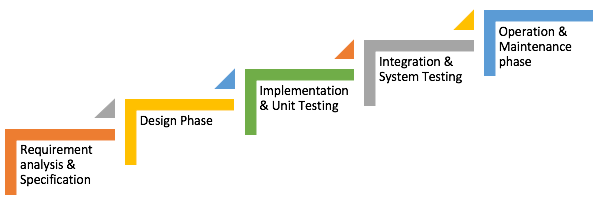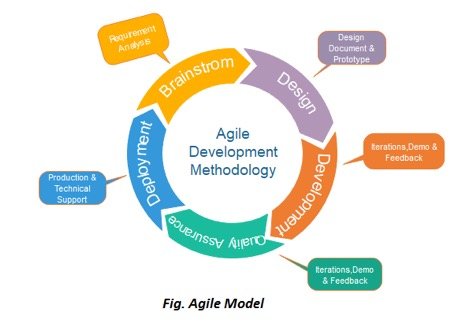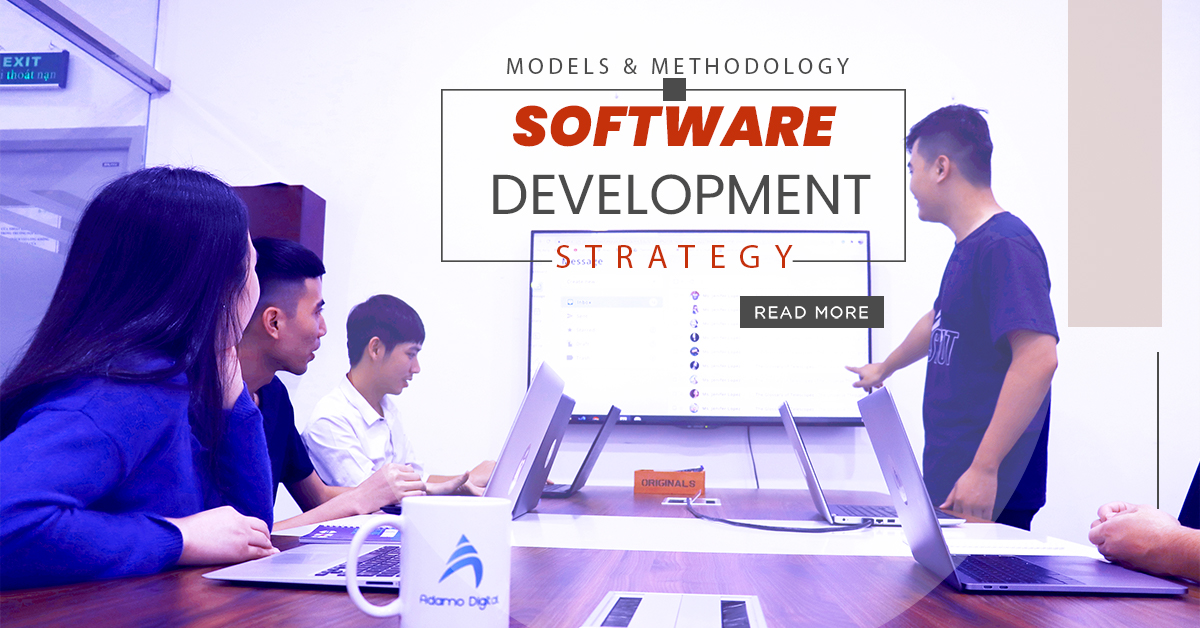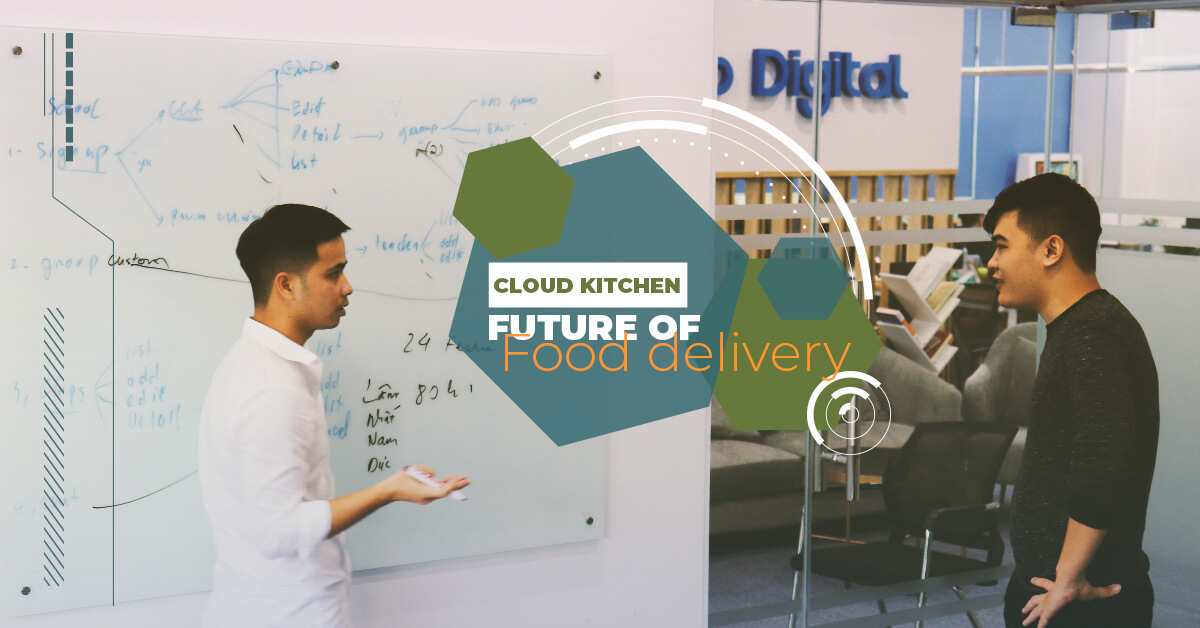
A System Development Life Cycle is not a new term in the world of IT. So do you think you understand clearly about this term? In the blog today, Adamo Software will analyze the details of this term, then we can discuss its roles in the IT industry nowadays.
System Development Life Cycle Definition
Firstly, System Development Life Cycle (SDLC) is the multistep, interactive process follow a structure for a target. Also, it is considered to provide a standard process for everyone to follow it to deliver the highest quality product or service.
Normally the System development life cycle includes five main stages, as it now increases into seven for more complete process and more specific goals. And seven stages include Planning, System Analysis and requirements, System design, Development, Integration and Testing, Implementation, Operation and maintain.
Standard Stages of System Development Life Cycle
Now, we will look for more details of these 7 stages of the System Development Life Cycle. And we can understand more about the roles and effectiveness of each stage.
1. Planning
The very first step in the system is used to find information about a project, estimate the resource, cost, time, benefits and other related issues.
2. System Analysis and Requirements
In this stage, the team will determine based on the planning about the functional requirements of this project as well as building up a system analysis to meet customers’ expectations.
3. System Design
After determining the core idea, the next stage will be the design the specifications, features, operations and performance to meet that idea.
4. Development
With the design concept, the real product is steadily built. This also the final step to create a product before launching.
5. Integration and Testing
Before any launching, the product has to meet the standard quality from the results of integration and testing stage.
6. Implementation
As everything is finished already, the product is finally public and launching and is used directly by the end-users
7. Operation and Maintain
To maintain and develop the business, it is necessary to create a new section to satisfy customers, and this final stage will be responsible for that.
System Development Life Cycle Model
In the blog today, we will discuss two common models called Waterfall, Agile with their pros and cons.
Waterfall Model
As its name, the waterfall model is the linear process which the next step can be started if the previous step is finished, also we cannot revise after moving to the next step.

Agile Model
This is the improved model based on the waterfall model. This cycle of the process allows the team to continue working while receiving the feedbacks at the same time, flexible to update and back to the previous process to update and check the issues.

And this is the process and cons of two main processes, you can check the table below to easily compare between two models.
| Waterfall Model | Agile Model | |
| Pros | – Simple to understand and follow – Clear milestones and deadlines – Clear documentation – Reinforces good coding habits – Provides a solid structure | – Enables fast development and testing – Issues are detected and fixed quickly – Accommodates changes or enhancements – Face-to-face communication and continuous feedback – Less emphasis on design and documentation – Scalability |
| Cons | – Unsuitable for complex or object-oriented projects – Highly inflexible to scope changes – Difficult to estimate time and budget precisely – A working product emerges only on later stages of the cycle | – Employees need prior experience in agile software development – Less emphasis on design and documentation (this may be a disadvantage for some) – A project manager with experience in agile software development is required – No perspective on how the final product will shape up at the start of development |
Pros and cons of System Development Life Cycle
As the meaning of the SDLC, not only outsourcing software development companies but also others apply it in the development system, so they can optimize their development process and improve their working efficiency. However, everything has two sides, the System Development Life Cycle also has its limitation.
Now, let’s take a look at some advantages and disadvantages of this SDLC, so you can make the right choice for your system.
Advantages of the System Development Life Cycle
_ Show the overview of the whole process of the project
_ Testing process to make sure the quality of the launching product
_ Centralize management of the project
_ Involves comprehensive and explicit steps
_ Provide the guideline, mission and vision of the whole project to the team to make sure every member is on the same page.
_ Well manage and estimate the total cost
Disadvantages of the System Development Life Cycle
_ Increased development time and cost
_ The project details should be clear before starting
_ A lot of documentation during the development time
_ Inflexibility to be updated or changed
_ Outdated processes
_ Testing may not be suitable for all development teams
Finally, it is important to any top software development company applies the SDLC in their process and to build an effective software development process. As many advantages in working process that the structure brings to, it completely defeats the disadvantages and helps the business grow more stable and probable in the future.
Wrap Up
In Adamo Software, we also apply the SDLC structure to make sure the whole project smoothly runs and make sure our delivered project satisfy customers. So if you have any projects, you want to work with us or get consult from us, feel free to contact us. We are willing to help you and go with you in the way to success











